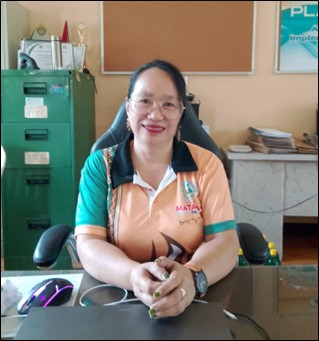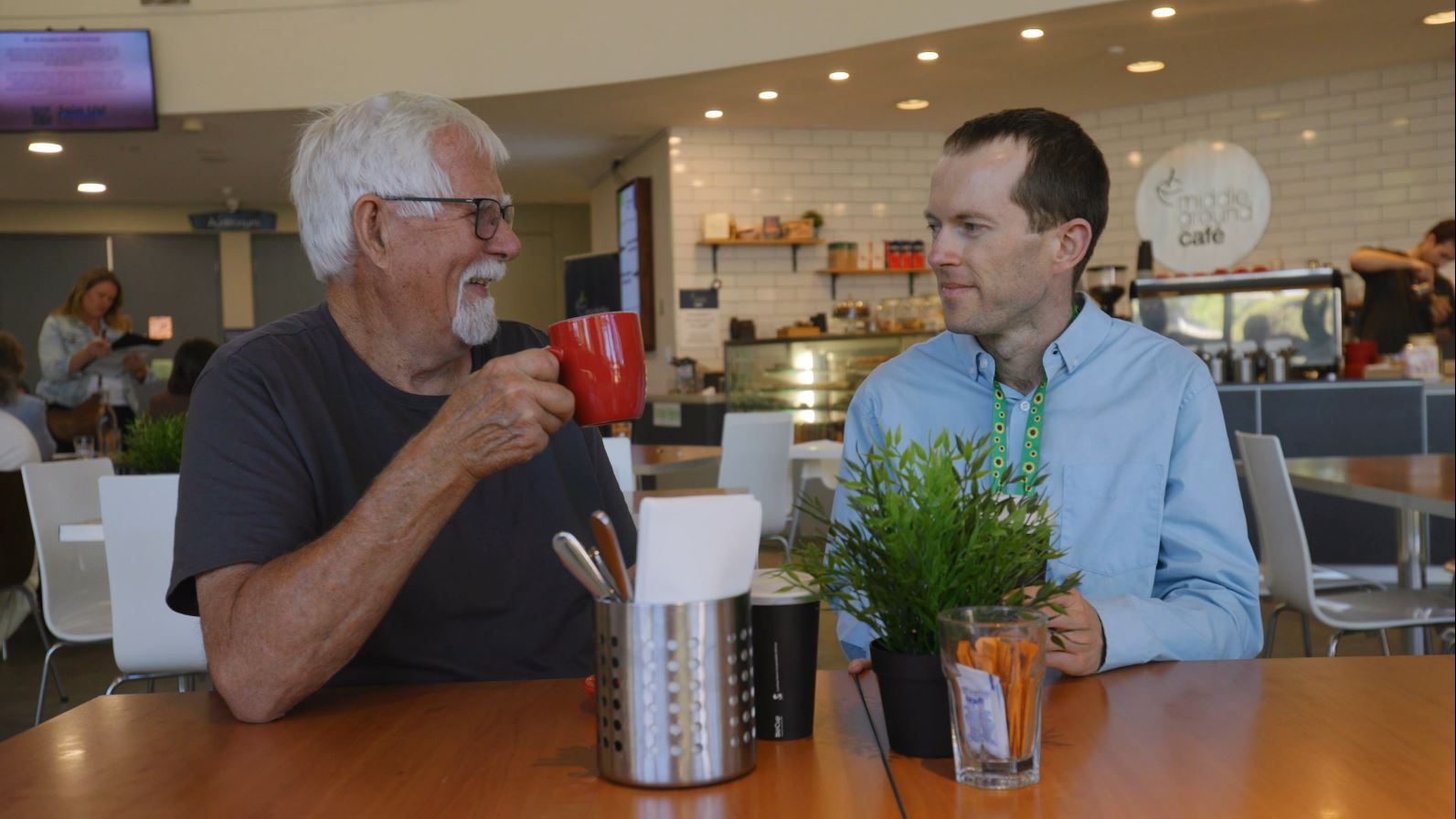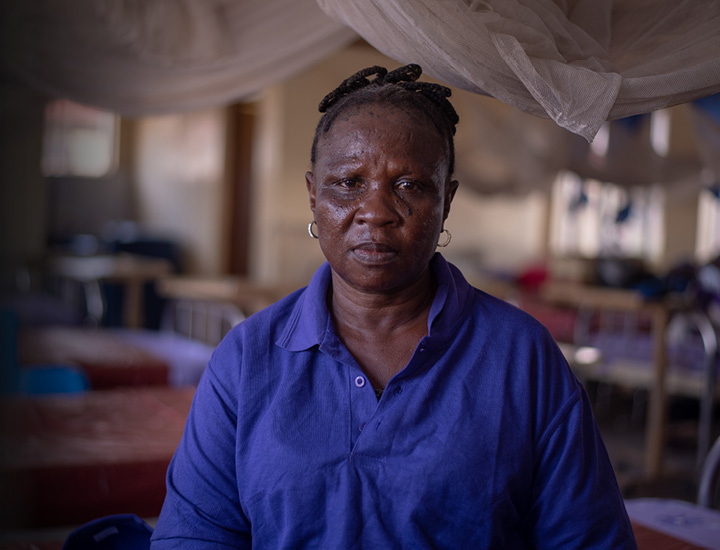World Mental Health Day 2019
Stories | January 23, 2024
This article contains sensitive and potentially triggering content. For anyone thinking about suicide, seek help immediately by talking to someone you trust or call a crisis support line such as Lifeline Australia on 13 11 14.
World Mental Health Day is an initiative of the World Federation for Mental Health (WFMH). It takes place on October 10 every year to raise public awareness of mental health issues around the world.
1 in 4 people are affected by mental illness, yet many don’t seek help.
The focus of 2019’s World Mental Health Day was suicide prevention.
According to the World Health Organisation (WHO), every 40 seconds someone loses their life to suicide. This is more than 800,000 people a year.
It’s important to note that not everyone who experiences mental illness is or will be suicidal.
WFMH explains: “The object of making suicide prevention the theme of World Mental Health Day in 2019 is to attract the attention of governments so that the issue might be given priority in public health agendas around the world. Getting people to talk about a subject that tends to be taboo and about which many hold mistaken and prejudiced ideas will help the community to learn about the risk factors so that they can identify and learn to address them”.
Social stigmas can be one barrier for people experiencing mental illness to seek help from friends and professionals.
We need to work together to break the stigma of mental illness and prioritise our mental health. One way to do this is by working with local communities.
In many developing countries, access to trained psychologists and psychiatrists tends to be few and far between and many mental health programs don’t have the capacity to work on a one-on-one basis. CBM has been working with communities to bridge the gaps of these mental health programs, supporting those suffering from mental illness as well as supporting the medical professionals.
Mental illness effects people from all walks of life however people with a physical disability have an increased risk of developing a mental illness due to increased social isolation, discrimination, lack of employment opportunities and financial difficulties.
We have several programmes to break the stigma of mental illness and prioritise mental health. Here’s a few examples:
Indonesia – Yogyakarta and Aceh – capacity building
In Yogyakarta, we’re working to build the capacity of Primary Health Centres to support the inclusion and participation of people with psychosocial disabilities, using a community centred approach.
This project works with 13 villages and aims to improve the lives of around 500 people.
It does this by supporting people with access to peer support, better informed community health services, access to medication and support to start livelihood work, which improves self-esteem and generates income.
Being seen as a valuable and accepted person in the community can be a big step to managing mental health issues.
A similar project is currently in place in Aceh, Indonesia.
Nigeria – Comprehensive Community Mental Health Project
The Comprehensive Community Mental Health Project works to develop the long-term capacity of the government health services in Benue State to support community-based mental health services through the primary health care system.
The specific focus is developing the capacity of Government primary health care services to deliver quality mental health services.
Phase I (2011-2016) of the project was a pilot and focussed on 17 primary health care centres. This included training and mentoring Community Psychiatric Nurses and Community Health Extension Workers, as well as developing self-help groups for people with mental health issues.
Phase I also undertook a range of promotion activities, to raise awareness of mental health issues. In some regions of Nigeria, people with mental health issues are regarded with suspicion and fear in local communities – treatment often involves chaining and caning people because of the belief that they are possessed by evil spirits – so it was important to work with the community and provide education around mental health issues and treatments.
Phase II of the project (2017-2021) sought to extend coverage to all 23 local government areas of Benue State, who are served by 1,408 health facilities. If successful, this approach could be further scaled up to other states in Nigeria.
Find out more about our Mental Health programs
Find out about the link between mental health and physical disabilities.
https://www.cbm.org.au/stories/world-mental-health-day-2019
Related Stories

Mrs Thelma leading the way for inclusive education
Education is a fundamental way in which people living in poor communities can break...

We Are Fearfully and Wonderfully Made: A Call for Churches to Embrace Neurodivergence
My name is Daniel Giles, and I’m proudly autistic....

Week 3 – Lent Series 2025
The image of God; an invitation into solidarity Olubunmi remains isolated in her home. Outside, stigma awaits her. For 27 years she has kept her...
